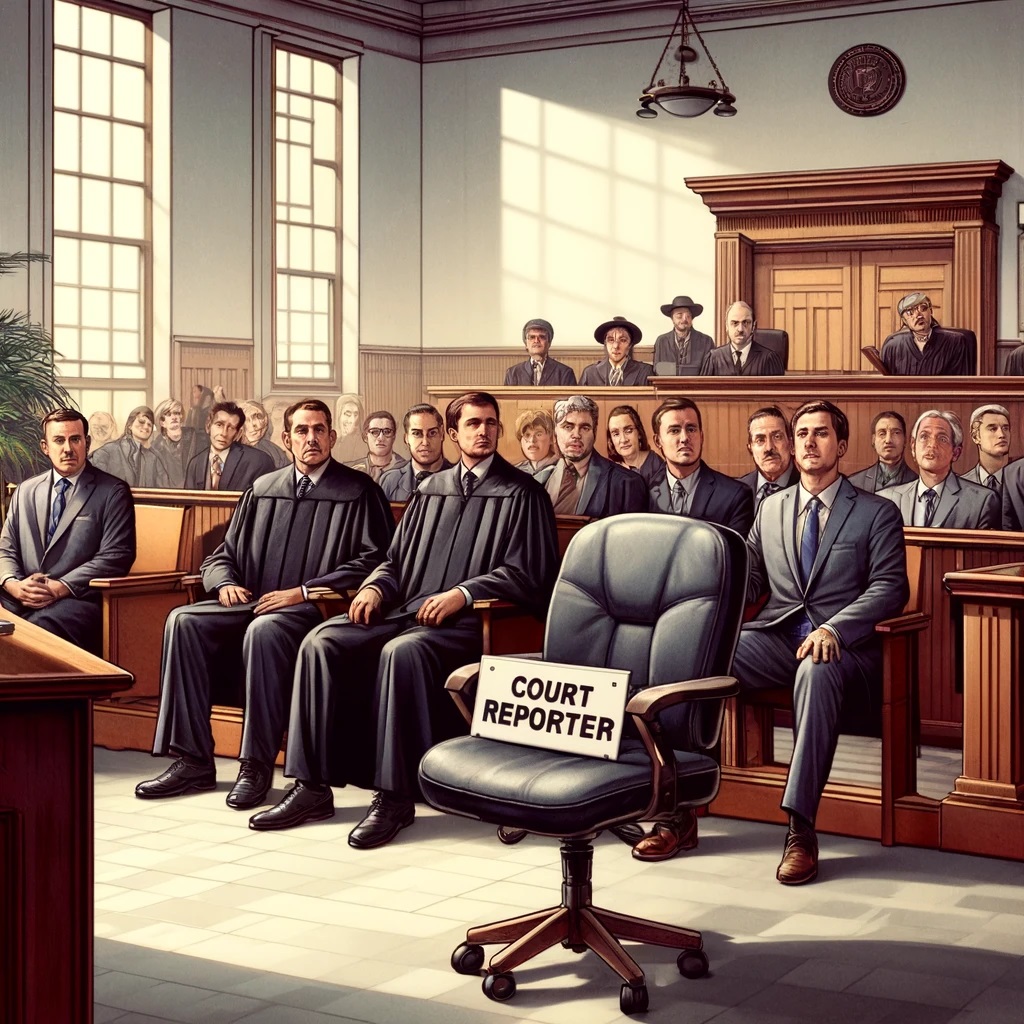
“Don’t forget to get a court reporter.” This stock advice of the appellate attorney used to leave my probate and family law colleagues unfazed: “Court reporters are already provided for us,” they’d say. But now that the court-reporter crisis has reached an acute stage, they don’t say it anymore.
California Litigation has my article, “A Day Without a Court Reporter.” In it, I explain the extent of the crisis—at present: bad; near-future: getting worse; long-term: no relief in sight. Then I explain why—despite vigorous and successful lobbying, the court reporter profession is dying.
Then I provide a parade of horribles that a future without reliable access to an appellate record holds for us:
Then I pitch two ways that may provide some relief:
First, while California prevents our courts from using electronic recordings, arbitrators should encourage litigants to use them—and to leave the limited supply of court reporters available for the Superior Courts.
Second, even though courts may not make or use electronic recordings, litigants can—if only the Superior Courts would relax their local rules prohibiting them.
In the meantime, I dispense the same advice as always — “Don’t forget to get a court reporter” — but now with the further admonition: “and well in advance.”
The original article is here.